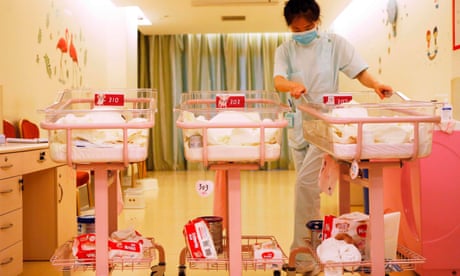Join us for a virtual event on Orange Shirt Day, a national movement in recognition of the experiences of survivors of residential schools in Canada. In the spirit of reconciliation and healing, Canadians are asked to wear an orange shirt on this day to acknowledge that every child matters.
Ethical Action Alerts for Human Rights, Environmental Issues, Peace, and Social Justice, supporting the UN Universal Declaration of Human Rights and UN Treaties and Conventions.
Wednesday
Orange Shirt Day 2021 | Events | Hart House
Tuesday
‘See us, hear us’: Residential school survivor on how to mark Sept. 30 holiday
As Canada prepares to recognize the first National Day for Truth and Reconciliation Thursday, Shingoose, who is affectionately known as Gramma Shingoose, says the desire to hear from survivors has soared across the country.
“This year, 2021, is a year of truth for us survivors,” Shingoose said in an interview.
When the Tk’emlups te Secwe’pemc Nation announced the grim discovery of what are believed to be the 215 unmarked graves at the site of a former residential school in Kamloops, B.C., Canadians had to face the horrific realities Indigenous children and youth had to live with while being forced to attend the schools.Stories of unmarked burial grounds were featured in a report from the Truth and Reconciliation Commission from 2015, but the events of this summer sparked a national conversation unlike anything before.Some schools, businesses and different levels of government across the country are also choosing to observe the day, which is also known as Orange Shirt Day.
As non-Indigenous people in Canada navigate the best way to commemorate and honour survivors and their families, educators and those who were forced to attend the schools are offering advice on what can be done in the lead up to Sept. 30.
Shingoose believes it’s important to listen to survivors’ experiences. “I ask Canada to see us, to hear us and to believe us,” she said, echoing the sentiments of Murray Sinclair, who served as chairman of the Truth and Reconciliation Commission.
This year Shingoose suggests Canadians take a moment of silence at 2:15 p.m. – referring to the number of graves found in Kamloops. She adds small gestures such as displaying an orange shirt in your window can have a powerful impact on survivors.
Kenya Censors Another Gay-Themed Film | Human Rights Watch
On September 23, Kenya’s Film Censorship Board (KFCB) slapped a ban on “I Am Samuel,” claiming the film contravenes Kenyan values. Which values? During my years living in Kenya, the values I saw in action every day included care and kindness, tolerance, and openness to difference. Kenya is diverse in every way: geographically, ethnically, religiously, and, yes, in terms of sexual orientation and gender identity. For over a decade, LGBT people have publicly staked out their place within Kenya’s vibrant social fabric, challenging discrimination and claiming their rights.
KFCB may want to silence them with flimsy claims that reduce Samuel and his partner Alex’s rich relationship to a “same sex marriage agenda.” It will not succeed; censorship rarely does. Like the lesbian-themed film “Rafiki,” banned by KFCB in 2018, Samuel's story will be seen by Kenyans who will make up their own minds. In trying to force on the blinders to deny LGBT people’s existence and rights, KFCB is on the wrong side of history.
Sept 28 - Global Day of Action for Access to Safe and Legal Abortions
China to clamp down on abortions for ‘non-medical purposes’
China’s pledge to limit abortions puts women’s bodies under the state’s control just as the one-child policy did and could endanger the lives of women seeking abortions, rights groups have said.
The Chinese government announced on Monday that it would seek to reduce abortions for “non-medical reasons” – a move seen as being in line with its attempts to accelerate birthrates.
Government guidelines did not provide detail on what constitutes a non-medical abortion.
Yaqiu Wang, China researcher for Human Rights Watch, said: “This government in the past 40 years has tried to restrict women’s reproductive rights, making women forcefully abort their children and now restricting abortions. I don’t know what non-medical means, but everyone who knows Chinese government knows this isn’t good.
“The core of the policy is the same – to restrict women’s reproductive means, to see women as a tool. Now there’s an ageing population, a not large enough labour force, so we need more babies. It’s the same: seeing women as a tool for economic goals.”
Yaqiu Wang said what the government defined as non-medical reasons and how the rules would be implemented was unclear, but that the move could endanger the lives of women who were denied abortions. “Around the world a lot of women die from not having safe access to abortions,” she said.
Amnesty’s China researcher Kai Ong, said: “The Chinese government has a record of enforcing birth policies that blatantly violate reproductive rights, such as implementing forced birth control measures and limiting women’s access to healthcare. This announcement could further restrict women’s access to sexual and reproductive healthcare, especially for unmarried women and same-sex couples.
